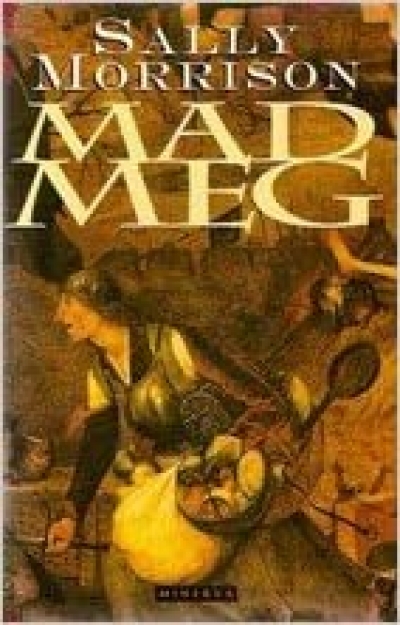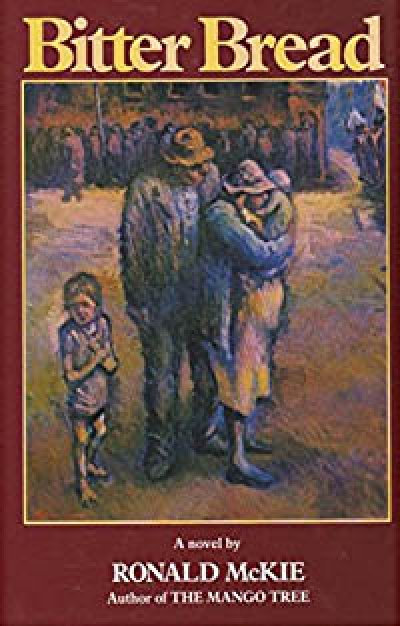Helen Daniel
From 1994 two letters to the editor published now for the first time ... The first letter, from Helen Demidenko, was offered for publication; the second, from B. Wongar author of Roki was marked ‘not for publication’.
... (read more)In an interview in this issue about his new novel, The Sitters, which is about a portrait painter, Alex Miller suggests the novel is almost
a continuous monologue. almost something he shouted to himself while he was working. The Sitters is this kind of shouted monologue: this man shouting at himself, to himself, listening while he is painting, listening to the sounds of himself painting.
... (read more)Helen Daniel: I find The Sitters very different from The Ancestor Game, which seems to me much more elaborate and complex. This new novel, which is about absence and silence, is an occasion of great economy and restraint.
Alex Miller: I think a couple of times in the book I actually say the story is my secret. In other words, I’m not going to tell you the story, I’m going to leave that out. Having left the story out, this is what’s left, which is always a kind of aim with me, and I think with any writer probably, to try to do as much as possible with as little. To leave it all out.
... (read more)Because it’s the end of the year, every Tom, Dick and Harry is trotting out the Top Books of the Year, My Favourite Summer Reading, What Book I’d Like for Christmas – good old standbys. ABR, however, is looking soberly (for the most part) at the current state of critical writing. Critics and scholars and researchers talking about theory and analysis. People engaged in the processes that help us sort through why we respond to writing in the ways we do, with joy or horror, enthusiasm or indifference.
... (read more)






